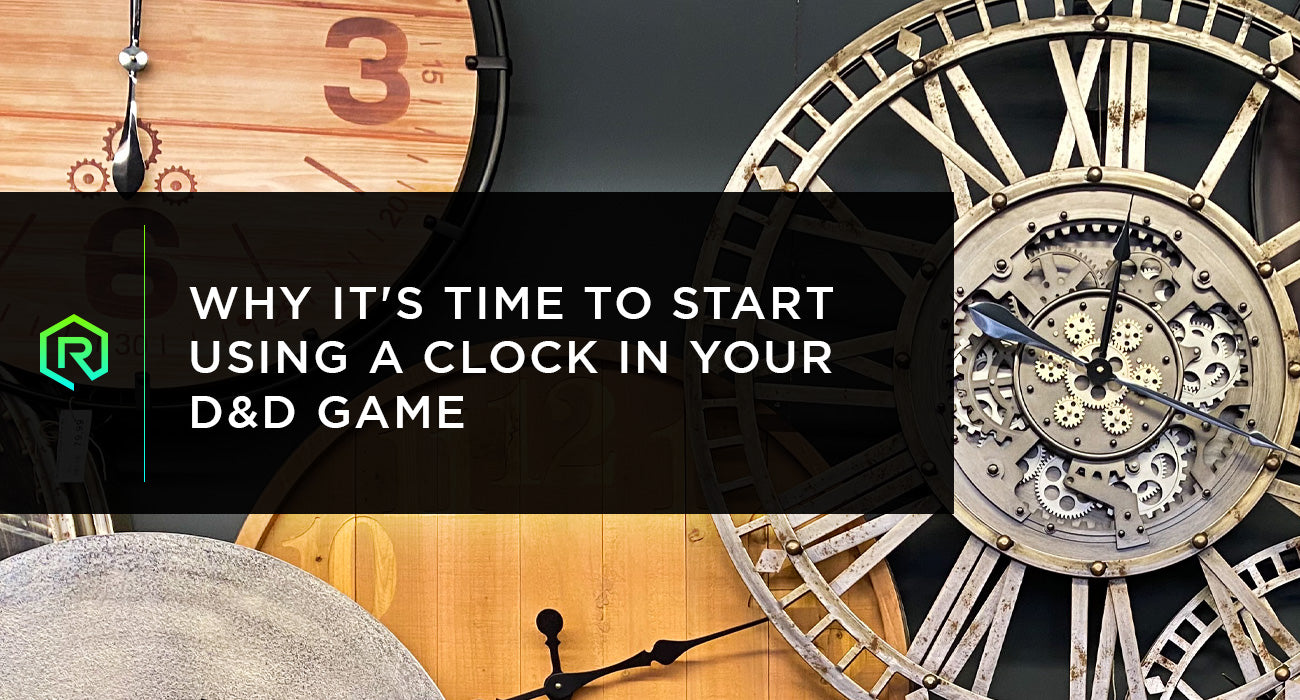Dungeons and Dragons is a great game—there's no denying that. A set of systems nearly as old as the hobby, it's been refined over the years into a tight and exciting way to experience a fantasy world. That doesn't mean, though, that you can't teach it a few new tricks.
If you're looking to spice up your home game, we might suggest taking a page out of a newer RPG system; John Harper's Forged in the Dark. FitD is a system built around looser actions, flashbacks, and random events, and is totally worth checking out on its own, but one thing from FitD that fits perfectly in D&D is its Clocks.
A Clock in FitD isn't just a way to tell time, but a way to tell progress. Different actions or events can fill sections of the clock until it reaches its peak, and once it's full, something happens. This offers a great alternative to a lot of D&D's skill checks.
Instead of making one roll to earn a king's favor, perhaps an extended dialogue plays out with your party making checks to try and fill a clock to earn his respect, while slowly, a clock representing the king's patience begins to fill up. The clock could represent the amount of time before reinforcements at a battle arrive, or the rogue's attempts to pick a lock in the heat of battle.
The clock is the perfect way to keep track of multiple concurrent situations, and they're easy to create in just a few seconds too. We've started using them in some important roleplay sessions, and the players have loved having a straightforward way to track the ebb and flow of debates. If you want to add a new flair to your game, I can't recommend clocks enough.
Why It's Time to Start Using a Clock in Your Dungeons and Dragons Game

